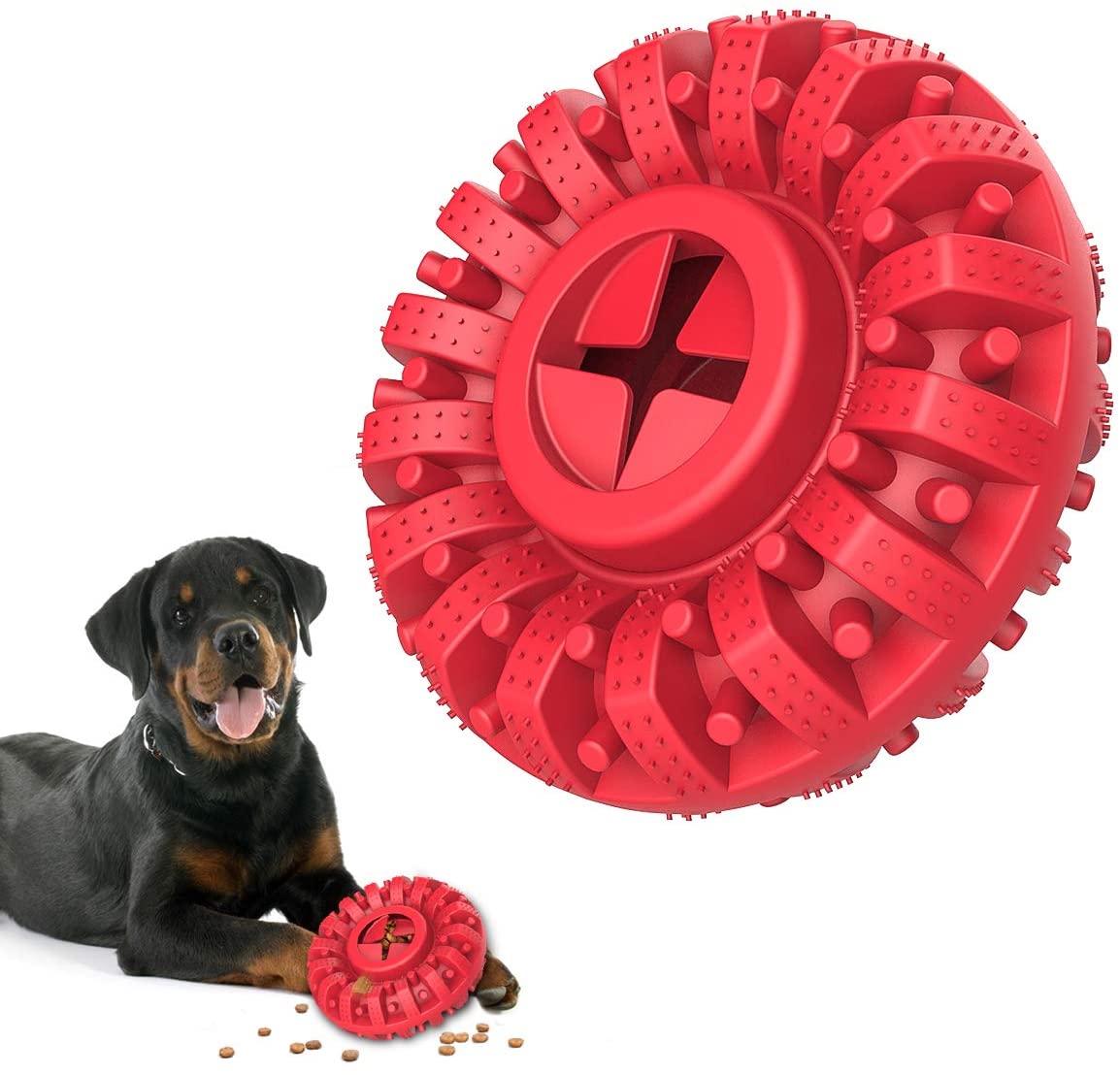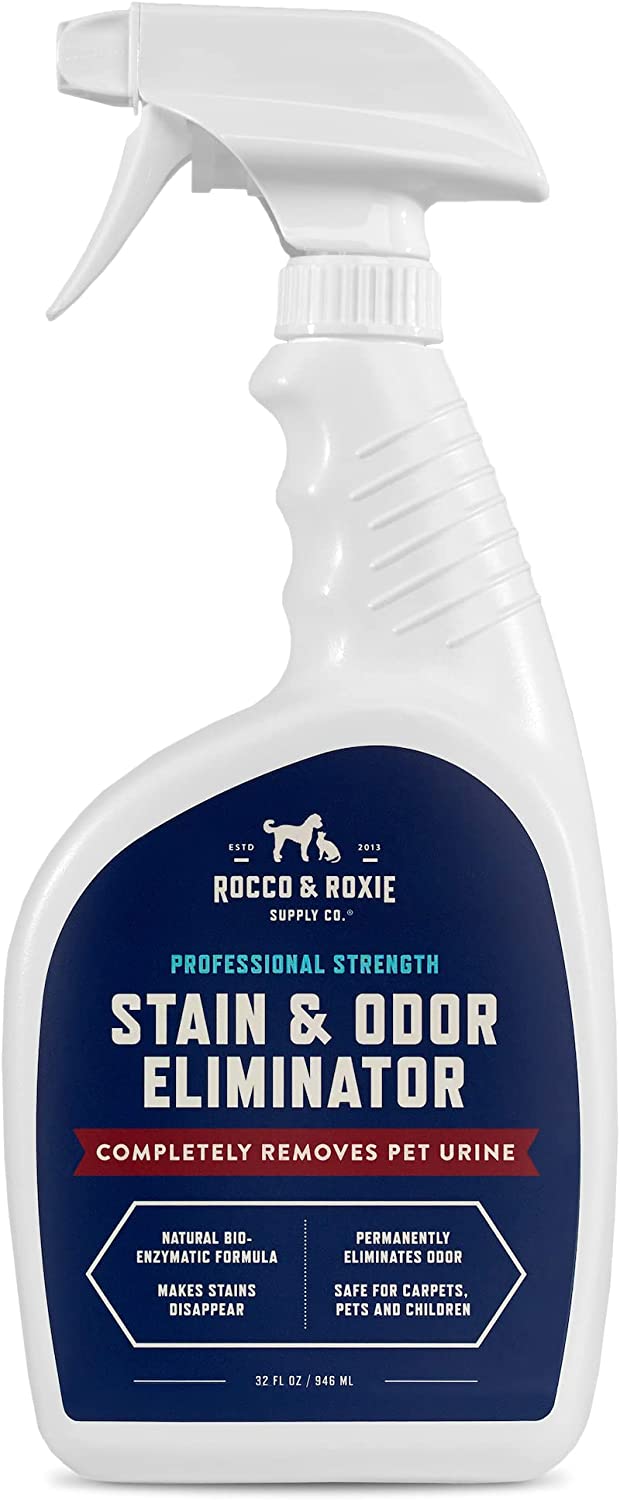Our goal is to share information and products that are truly helpful to renters.
If you click on a link or buy a product from one of the partners on our site, we get paid a little bit for making the introduction. This means we might feature certain partners sooner, more frequently, or more prominently in our articles, but we’ll always make sure you have a good set of options. This is how we are able to provide you with the content and features for free. Our partners cannot pay us to guarantee favorable reviews of their products or services — and our opinions and advice are our own based on research and input from renters like you. Here is a list of our partners.
Apartment pets: 11 Do’s and don’ts for your pets
How to keep your apartment pets and your landlord happy
Increasingly, apartment buildings are becoming pet friendly, but not without some rules. Figuring out what the do’s and don’ts for living with pets in apartments can be a litte tricky to navigate.
Adopting a few good habits can help your pet be happy in your apartment, whether you are home or not. While most of these “do’s and don’ts” are for cats or dogs, you can adapt them to whatever type of pet you have.
Following a few simple rules may also help you get more of your security deposit returned when you move.
11 Do’s and don’ts for apartment pets
DO get your landlord’s approval before getting a new pet
This is a biggie, the biggest in fact, on the list. If you don’t live in a pet friendly apartment complex you cannot have pets.

If you are looking for an apartment and either have a pet, are thinking about getting a pet, or are a person who loves animals and doesn’t want a pet yet but may down the line, it is a must that you move into an apartment that allows pets.
The consequences of having a pet when your lease clearly states they are not allowed can include:
- Being evicted
- Being charged massive fines for breaking your lease
- Having to rehome your pet (boo!)
When should I talk to my landlord about a pet?
- New application to move into an apartment – You currently own a pet
- New application to move into an apartment – You are considering getting a pet
- Living at an apartment already have one pet – Want to get another
- Living at an apartment and don’t have a pet but want to get one
- Living at an apartment with a pet and you no longer have the pet, for example, if the pet died
DO provide your apartment pets with self-guided activities for alone time
Restless or anxious animals that are left alone for long periods of time due to your work schedule for instance, can cause a lot of damage. Damage to your own stuff can be a bummer but damage to your apartment can start to get costly as you may be charged on move-out from your security deposit.

Consider a chew toy like a treat dispenser that will help keep teeth busy and bored dogs focused on something besides the carpet or the kitchen cabinets.
DON’T let messes sit around too long
Leaving pet messes too long will allow stains to set in and odors to grow. And although we become ‘nose blind’ to the litter box, our guests, and landlord aren’t. Removing stains from the carpet is especially important.
Things you can do to prevent stains and messes from even happening?
For dogs:
- Piddle pads for your puppy or dog
- Taking your dog out frequently to avoid accidents
- Hiring a dog walker if you have to be away from home too long
For cats:
- Keep the litter box clean (some cats will start peeing somewhere else if the litterbox isn’t kept up)
- Constant brushing and hairball medicine to avoid late night yacking

Definitely keep carpet cleaner around to deal with messes fast!
DO supply them with fresh water
Even if your dog slobbers water all over the floor or your cat knocks over their water bowl every day, you still need to make sure they have fresh water while you are away. For your dog, place a mat under their water bowl to limit some of the mess. For your cat, purchase a pet water fountain or a bowl they cannot easily knock over.
DON’T lag on apartment pets’ immunizations and healthcare
For your pet’s health and because your lease may require it, keep your pets up-to-date on their immunizations and check-ups. If they have a health issue, try to address it right away. Your vet may also be able to help you with behavioral issues as well.
DO get renter’s insurance to cover your pet’s liability
Most lease agreements require you to purchase renters insurance. Avoid just picking up a standard policy. Make sure your policy covers your pet’s actions. An insurance policy may be able to cover damage or injuries caused by your pet. Imagine the problems you’d have if your dog bit a child. Ouch. This insurance can help you with liability if something should ever happen.
DO address apartment pet’s anxiety issues
Anxiety issues, especially in dogs, can result in your dog barking incessantly, your cat peeing on the carpet, or your dog chewing up furniture. These behaviors not only cause problems with your apartment, but they can also upset neighbors. Whatever issues your pet has needs to be addressed. You should also ensure they do not have underlying health issues that are exacerbating the problem.
DON’T let your pet disturb other tenants
Not everyone loves your buddy as much as you do. Your pet should not disturb other tenants. First, you need to clean up after it. Second, you need to control your pet. Your dog should not be sniffing bums in the elevator and your cat should not be making unwanted deposits in your neighbor’s plants. While it is difficult to impossible to “train” a cat, you can train your dog and keep the cat indoors.
DON’T slack in training your dog
As mentioned above, your dog should be trained by you or by a professional trainer. A behaved dog is not just better for apartment living. It is better for you too. Your dog should be leash trained, crate trained if applicable, and taught to defecate in inappropriate places. It should be taught not to be aggressive towards other dogs and humans, and it has to learn not to jump on others. If your dog is unruly, other tenants may submit complaints to your landlord and cause problems with your living situation.
DO protect window coverings
Ambitious felines easily conquer standard horizontal blinds striving for a window view. If you are renting your home, your options are limited, and again, usually cats cannot be trained. But you have options. You may be able to get the landlord’s permission to put up your own window coverings and safely store their blinds until you move. Or, you can completely raise the blinds out of reach and hang a washable curtain over your windows. Whatever solution you decide on, know that if your cat can get to the window, it will.
DO provide apartment pets with plenty of exercise
Most dog lovers know they need to walk their dog every day, if not multiple times per day. But did you know you can walk your cat too? Apartment cats, especially young cats, can act a little crazy if they don’t get exercise just like puppies. Many cat owners train their cats to use a leash and harness to help their cats get the exercise they need.
Pets help make your life enjoyable and make good apartment companions if they are healthy and trained well. Taking care of your pets helps you, your landlord and your neighbors get along while also keeping your apartment clean and damage-free.
Your renters rights, in your state.
Explore what you need to know.
- Alabama Renters Rights
- Alaska Renters Rights
- Arizona Renters Rights
- Arkansas Renters Rights
- California Renters Rights
- Colorado Renters Rights
- Connecticut Renters Rights
- Delaware Renters Rights
- Florida Renters Rights
- Georgia Renters Rights
- Hawaii Renters Rights
- Idaho Renters Rights
- Illinois Renters Rights
- Indiana Renters Rights
- Iowa Renters Rights
- Kansas Renters Rights
- Kentucky Renters Rights
- Louisiana Renters Rights
- Maine Renters Rights
- Maryland Renters Rights
- Massachusetts Renters Rights
- Michigan Renters Rights
- Minnesota Renters Rights
- Mississippi Renters Rights
- Missouri Renters Rights
- Montana Renters Rights
- Nebraska Renters Rights
- Nevada Renters Rights
- New Hampshire Renters Rights
- New Jersey Renters Rights
- New Mexico Renters Rights
- New York Renters Rights
- North Carolina Renters Rights
- North Dakota Renters Rights
- Ohio Renters Rights
- Oklahoma Renters Rights
- Oregon Renters Rights
- Pennsylvania Renters Rights
- Rhode Island Renters Rights
- South Carolina Renters Rights
- South Dakota Renters Rights
- Tennessee Renters Rights
- Texas Renters Rights
- Utah Renters Rights
- Vermont Renters Rights
- Virginia Renters Rights
- Washington Renters Rights
- West Virginia Renters Rights
- Wisconsin Renters Rights
- Wyoming Renters Rights
- Washington, D.C. Renters Rights
